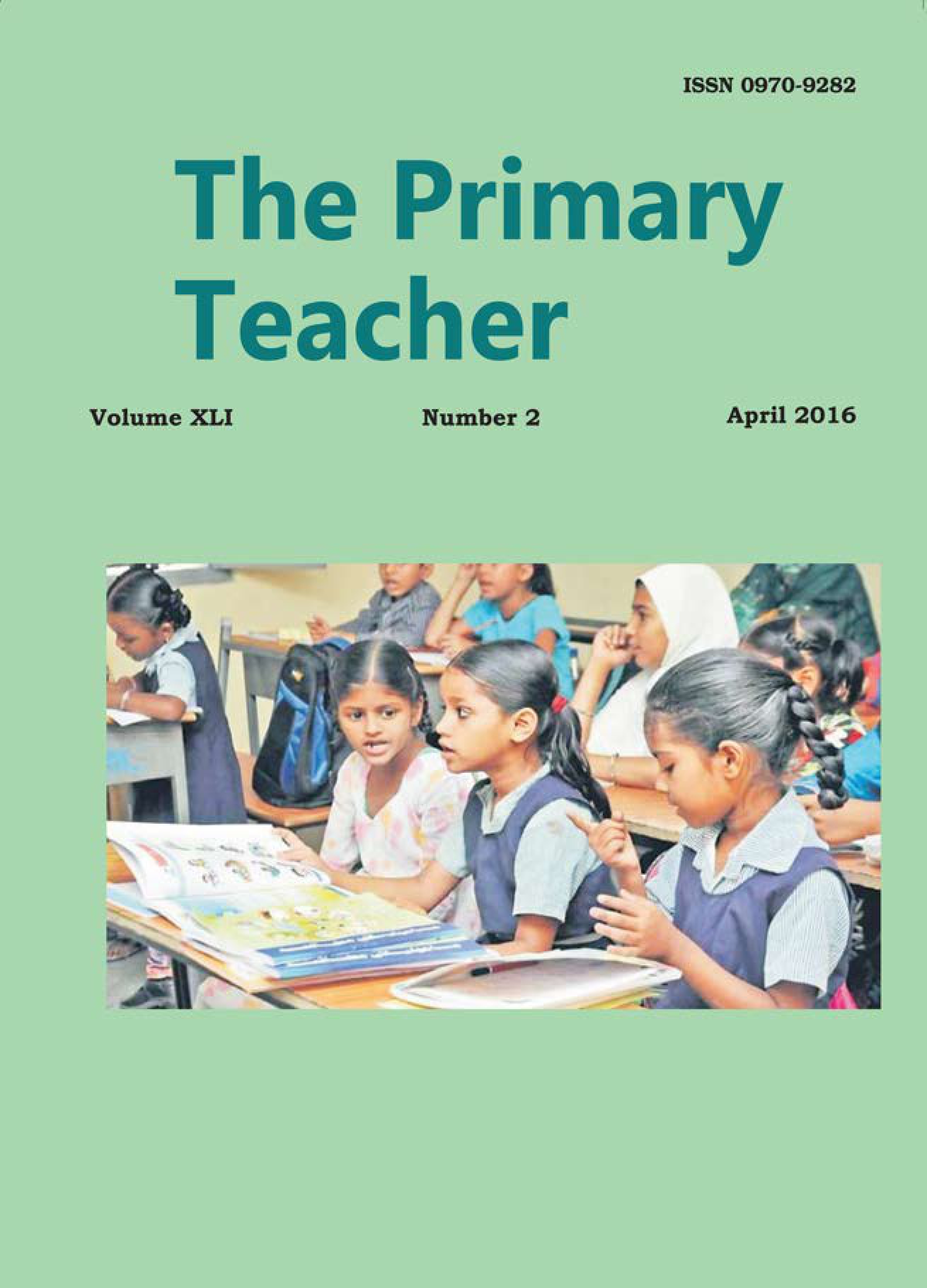
Published 2024-12-05
Keywords
- Functional literacy,
- decentralised planning,
- implementation,
- adult literacy programme
How to Cite
Abstract
Abstract This paper is based on the low participation of learners in the existing implementation framework of functional adult literacy programmes. It explores conceptual and methodological issues, leading to low participation due to gaps in the planning of programmes and impact of feasible planning in enhancing the participation of adult beneficiaries in contemporary literacy programmes. The paper compares planning perspectives on literacy and their implementation to achieve goals through increased learner participation. It argues that instead of merely chalking out plans on the basis of centralised and uniform norms, the process, particularly, in vulnerable areas may be need-based, leading to feasibility in implementation. The outcomes of literacy programmes can be increased by implementing the best practices adopted nationally or internationally along with convergence with various departments. The association of vocational education in literacy programmes has better output in the form of participation and achieving functional literacy. It has been the experience of implementers that socio-economic factors, geographical diversities and difference in age groups have to be included in planning and implementation. Due to less space for flexibility in norms in various activities, interventions have not been executed to their expected level, which in turn not only resulted in prolonged time of execution but also escalation of project cost. This paper, primarily, focuses on critical review of concurrent interventions, impact of uniform norms, amount of flexibility and decentralised need-based planning for better attainment of objectives.
